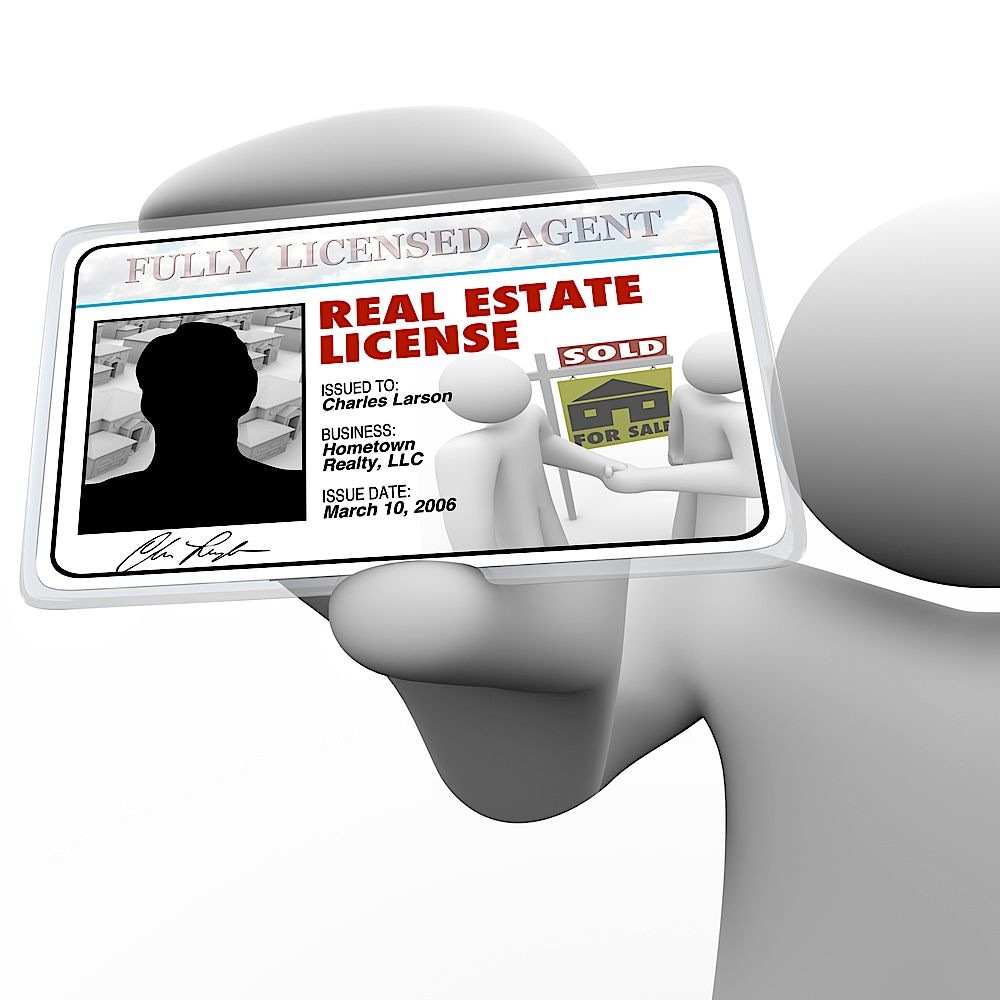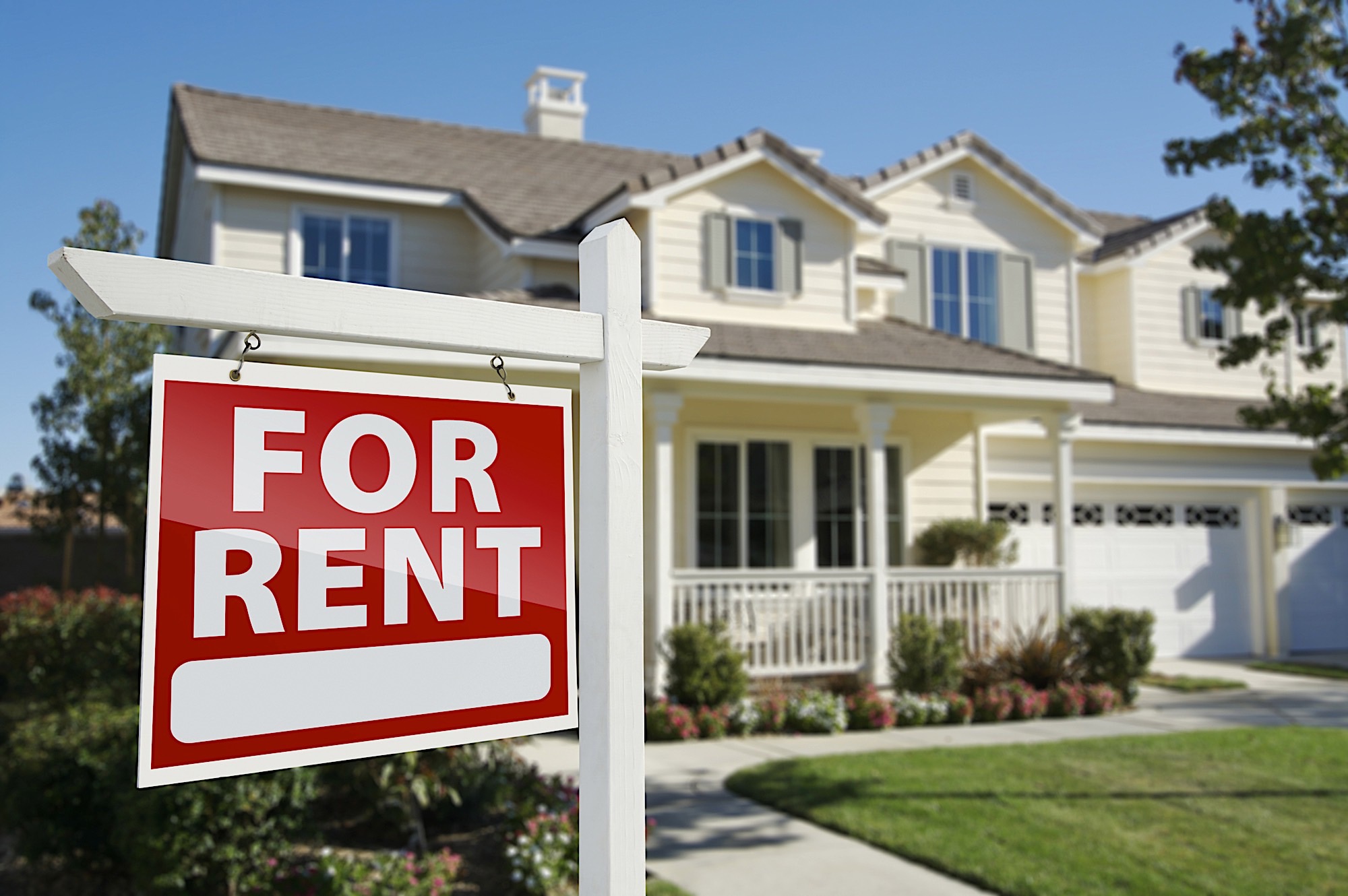One of the most popular debates in the real estate community is whether or not to obtain your real estate license. For every investor who says it doesn’t have an impact there is another who will tell you how it has transformed their career. Like most everything else in real estate it depends on your unique situation. What cannot be debated is that wanting your license doesn’t mean you can get it. There are steps you need to take before you get to that point. If you have ever considered getting your real estate license here are a few things you need to know.
Will a license impact my business?
A real estate license can help your business but it does not guarantee success. Most real estate investors use their license as a way to get the inside track on deals as they come. As a real estate agent you have access to the multiple listing service (MLS). Almost all new listings in a market come from the MLS. Instead of waiting for your real estate agent to let you know about a property you would have immediate access with every new listing. Another benefit is that you control the deal. You submit the documents and negotiate with the seller first hand. This is especially important with short sales, foreclosures and bank owned properties. You also can quickly look at comparable listings and sales through the MLS. This makes your decision making quicker and more accurate. A final benefit is with the people you will meet. Getting your license opens the door to a whole new networking group you previously didn’t have access to. In addition to real estate agents in your office you can network with other area agents as well. All it takes is a few new real estate contacts to quickly grow your business.
Negatives of a real estate license:
If you use your real estate license properly the benefits outweigh any negatives. However there are a few negatives with getting licensed. Most of these are financial. Getting licensed is not cheap. For starters you need to pay for education prior to taking your exam. In addition to the national exam you need to pay for the state portion as well. After you pass your test there is an annual fee to hold your license. There are also MLS fees and other miscellaneous costs not to mention annual renewals. When all is said and done it can cost well over $1,000 to become a real estate agent. Another negative is with disclosure. There are many sellers who don’t like working with real estate agents who double as buyers. They feel it is a conflict of interest and will look for someone else. This is typically the exception and not the norm but it does happen from time to time.
Steps to getting licensed:
If you have decided that getting licensed makes sense for you there are a few steps you need to take. As we touched on the first thing you need to do is satisfy the educational requirement. Passing the class is no bargain. Each state has their own specific requirements but generally speaking there is roughly 100 hours of class time. The good part is that this can be done either online or in a classroom. After completing your educational requirements you can sit for your tests. You need to pass both the state specific exam and the national test. The National Realtors Association does not just give these licenses away. You will need to put some significant study time in. As you are preparing for you exam you also need to find a brokerage to sponsor you. They will be the company that you will be holding your license. Some companies have an open door policy while others are strict as far as whom they will allow to work there. Not every company wants a real estate investor so you may have to talk to several companies.
Passing your test may not be enough. In conjunction with your exam your state will also require a background check. This consists of collecting fingerprints, pulling your credit report and making sure there is nothing criminal on your record. After you have completed everything you still need to apply for your license. Your completed exams and your background checks are submitted for review, along with an additional fee. This process typically takes under a week but is necessary if you want to work on deals.
Once you are officially licensed you can begin working on deals. What many investors discover is that working as a real estate agent can provide supplemental income. Something as small as finding a tenant for a rental property can earn you money. This is on top of commission you can receive when acting in traditional real estate agent roles. Just like being an investor if you want to grow your real estate business you need to work on it. This means spending time and money on marketing and networking events. You can also use your license simply as a way to sell your own listings and find new deals.
Getting licensed does take time and money but can quickly yield a big return. As long as you know what to expect and what it needed you will not be caught off guard.






